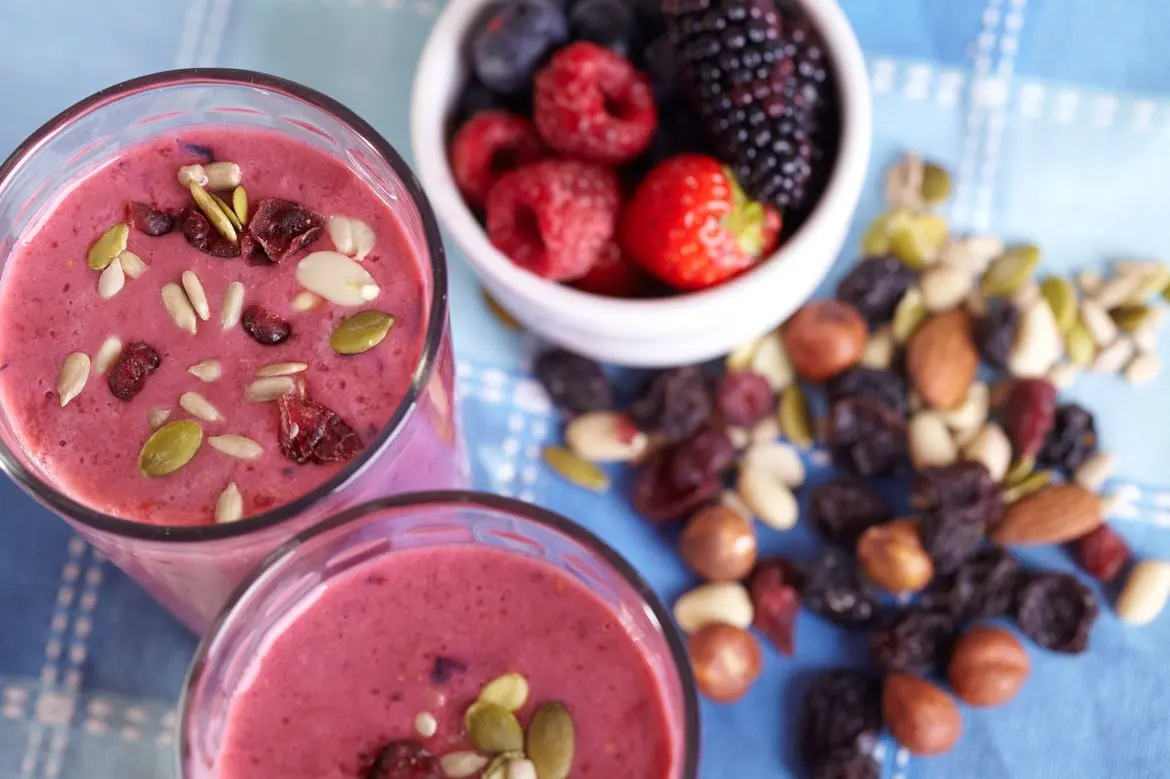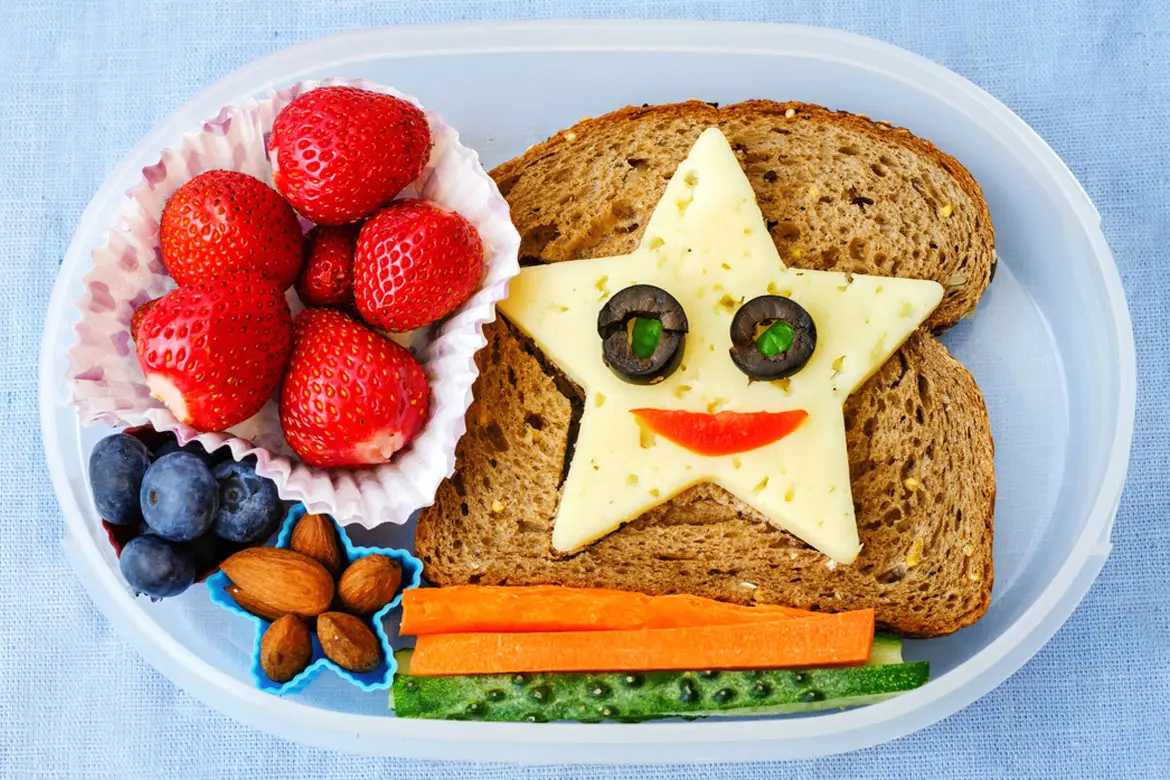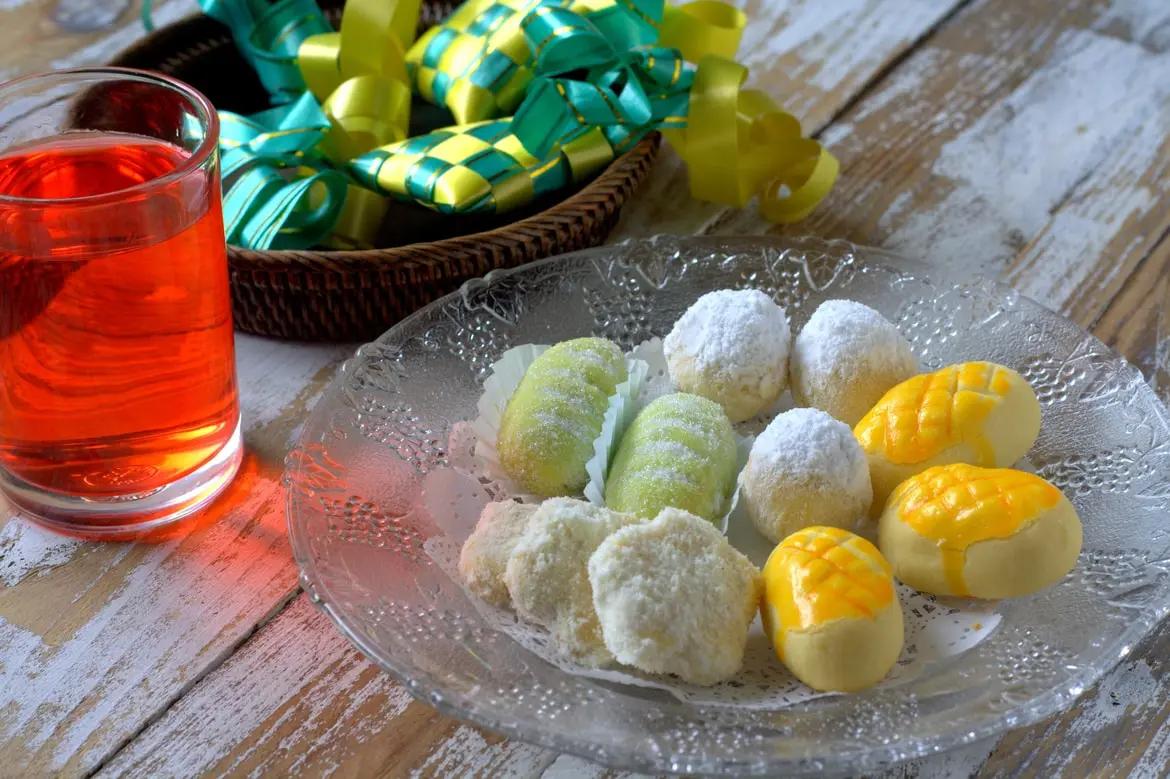-
-
Featured Care Areas


Source: Shutterstock
8 Healthy Foods Secretly High in Calories
Last updated: Thursday, September 7, 2017 | 10 min reading time
Fat-free or gluten-free food does not necessarily mean low in calories.
Most people know that processed food, chips and sweets are unhealthy. Instead of snacking on potato chips or indulging in ice cream, many turn to healthier alternatives like nuts and dried fruits. Some go the extra mile to prepare salads daily or fork out the extra dollar for premium gluten-free chips. All these in a bid to consume fewer calories and eat clean.
Well, as the saying goes, don't judge a book by its cover. Similarly, if you're aiming for healthier options, don't judge food by the aisle it's found in at the supermarket.
Here are 8 foods you didn't think were high in calories.
Smoothies
Many health junkies shun bubble tea outlets and are instead fans of health shakes or smoothies. While it is true that they are much richer in nutrients than bubble tea, smoothies are high in sugar. A seemingly harmless blend of berries, avocado, Greek yoghurt and a sprinkle of chia seeds can pack more than 500 calories. Additional ingredients such as nut butter, syrup, full-cream milk and ice cream worsen the calorie intake.
Rather than buying a smoothie, make your own so that you can choose what goes into your health drink and manage the calories! This includes opting for unsweetened soy milk or skim milk, while leaving out syrup and sugar.
Avocado
Especially popular among millennials, avocados are the latest health fad all across the world. Cafes have responded to the growing demand of avocados by including them in brunch menus. Beauty experts continue to swear by nutrient-dense avocado shakes for good complexion.
Indeed, avocados are a healthy snack and contain high amounts of monounsaturated fat, a good kind of fat. However, avocados are also high in calories. According to the USDA food composition database, a single avocado easily contains around 227 calories. As such, do not skip the avocado, but be mindful of your portion sizes when indulging in that nutrient-packed fruit.
Dried fruit
It might be hard to believe, but it's true – these tiny dried fruits could be loaded with more calories than you think. This is because most packaged dried fruits, such as apricots and raisins, are sprayed with a coat of sugar before being dried.
Of course, if you manage to watch the sugar, dried fruits are still a nutritious option. They make for a healthy snack when eaten in moderation, as they are often a good source of antioxidants, fibre, iron and potassium.
The solution is to read ingredient labels – make sure to choose those with no added sugar – and to limit your serving size to 20 grams. Most people reach out for more than they should because the small size of dried fruits gives the illusion of eating less!
Balsamic vinaigrette dressing
There is often a misconception that balsamic vinaigrette is a low-calorie salad dressing. While olive oil in the dressing contains healthy monounsaturated fat, it is high in calories. In fact, vinaigrette often contains more oil than vinegar. Typically, 2 tablespoons of this dressing amount up to 120 calories, just a few calories short of a small bag of potato chips.
A healthier option is to ask for less dressing or request to have your dressing on the side, so you can control how much of it you want on your salad. Squeezing some lemon juice onto your salad can help to add flavour and boost your metabolic rate.
Gluten-free ice cream
Gluten is a protein found in grains such as barley, wheat and rye, and can cause intestinal inflammation in some people. Don't be fooled into thinking that anything that has a '–free' descriptor would be healthier. Gluten-free ice cream is one classic example.
First, gluten-free does not mean that there is no gluten protein. Second, a gluten-free ice cream can still be high in sugar. So, the next time you eat a gluten-free ice cream, keep it to a single serving!
Granola bar
Not all granola bars are created equal. While some may indeed be a healthier choice for a snack, most pre-packaged versions are high in sugar and calories. Peel your eyes at the supermarket for those with a low calorie count and check the nutritional information for sugar content as well.
Your best bet, again, is to make your own granola bar without adding too much sugar and to definitely limit your intake.
Nuts
Undoubtedly, nuts are healthy snacks and are a better alternative to tearing through bags of potato chips. Although nuts are high in fat as well, what sets them apart from chips is that they contain good fats – monounsaturated fat and polyunsaturated fat. Nuts are also a good source of protein and fibre.
Sadly, munching on too much nuts is still unhealthy because of the high calories they contain. For the nut-lovers, not all is lost. Choose raw, baked or dry-roasted nuts over oil-roasted and sugared versions to cut the additional calories.
To regulate the amount you eat, repackage the jumbo packs into smaller portions to limit your consumption.
Frozen yoghurt (froyo)
For those who are on a diet and yet continue to crave ice cream, the introduction of frozen yoghurt has been revolutionary. However, can we then double our serving, guilt-free? To be brutally honest, no.
Although your regular non-fat plain-flavoured froyo contains just around 300 calories for a 250 grams serving, they also often contain around 70 grams of sugar before any toppings are added. Most non-fat foods may be lower in calories but remain high in sugar. Also, just imagine how many calories you crank up after adding a scoop of oreo or caramelised cookies, topped with white chocolate sauce.
With all that said, some of the foods listed above, such as nuts and avocados, are still great snack options, as long as you don't go overboard with them. As with all things, moderation is key.
Want to be healthier? Getting support from a dietitian can help you kickstart a sustainable healthy eating plan and transform your lifestyle.








